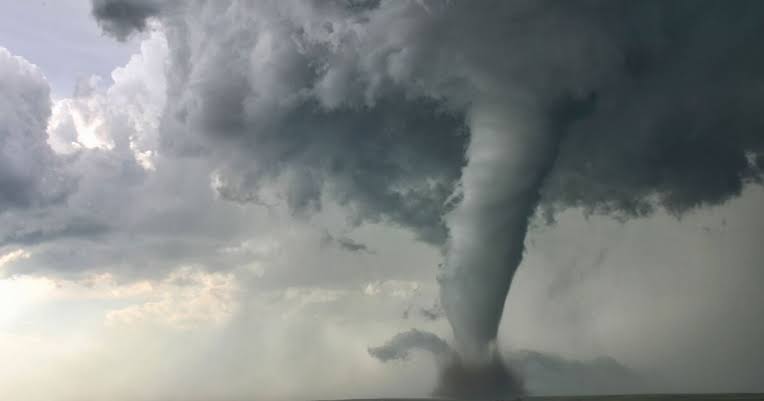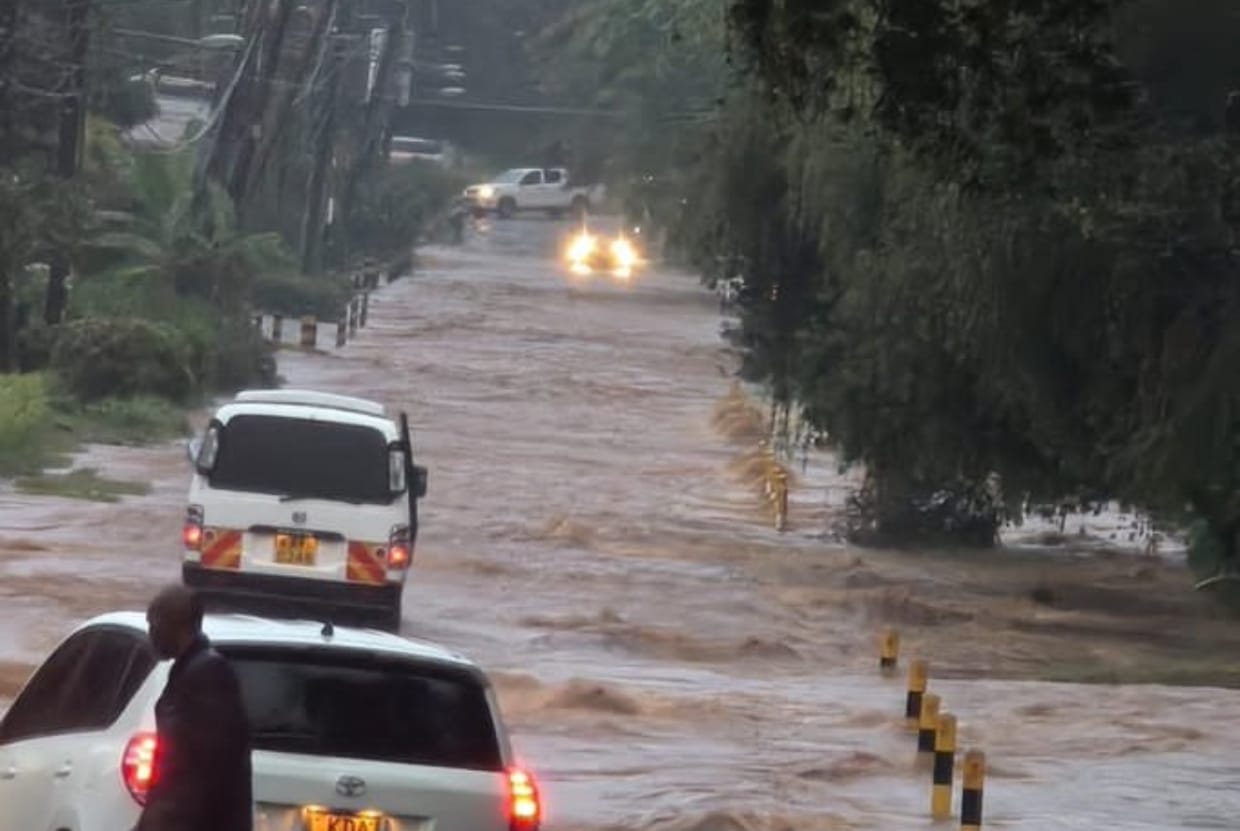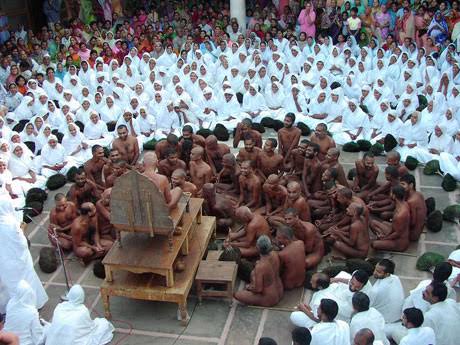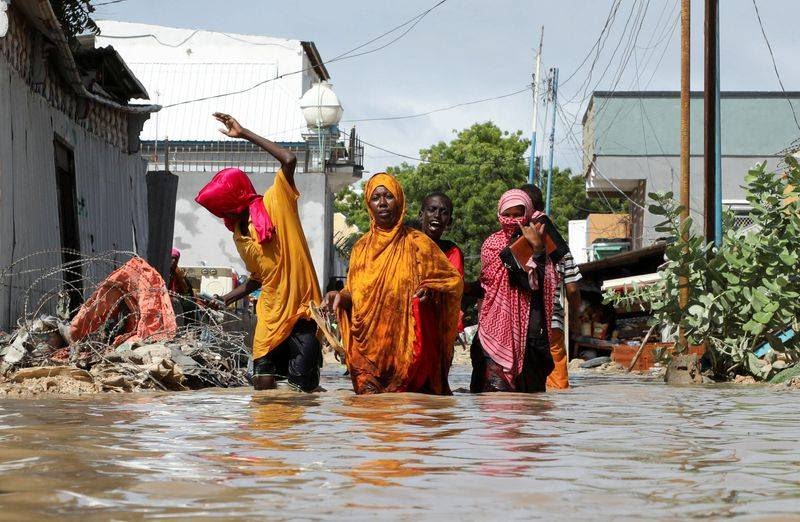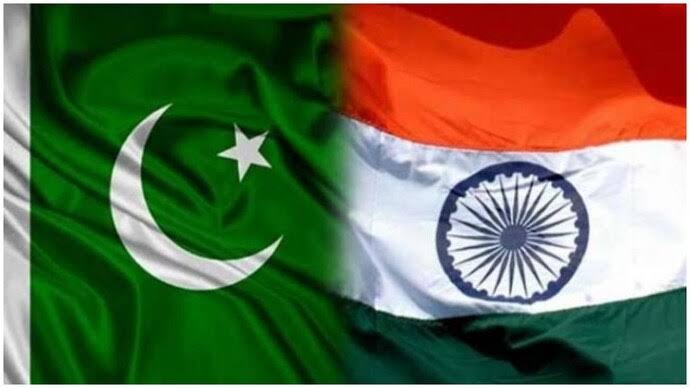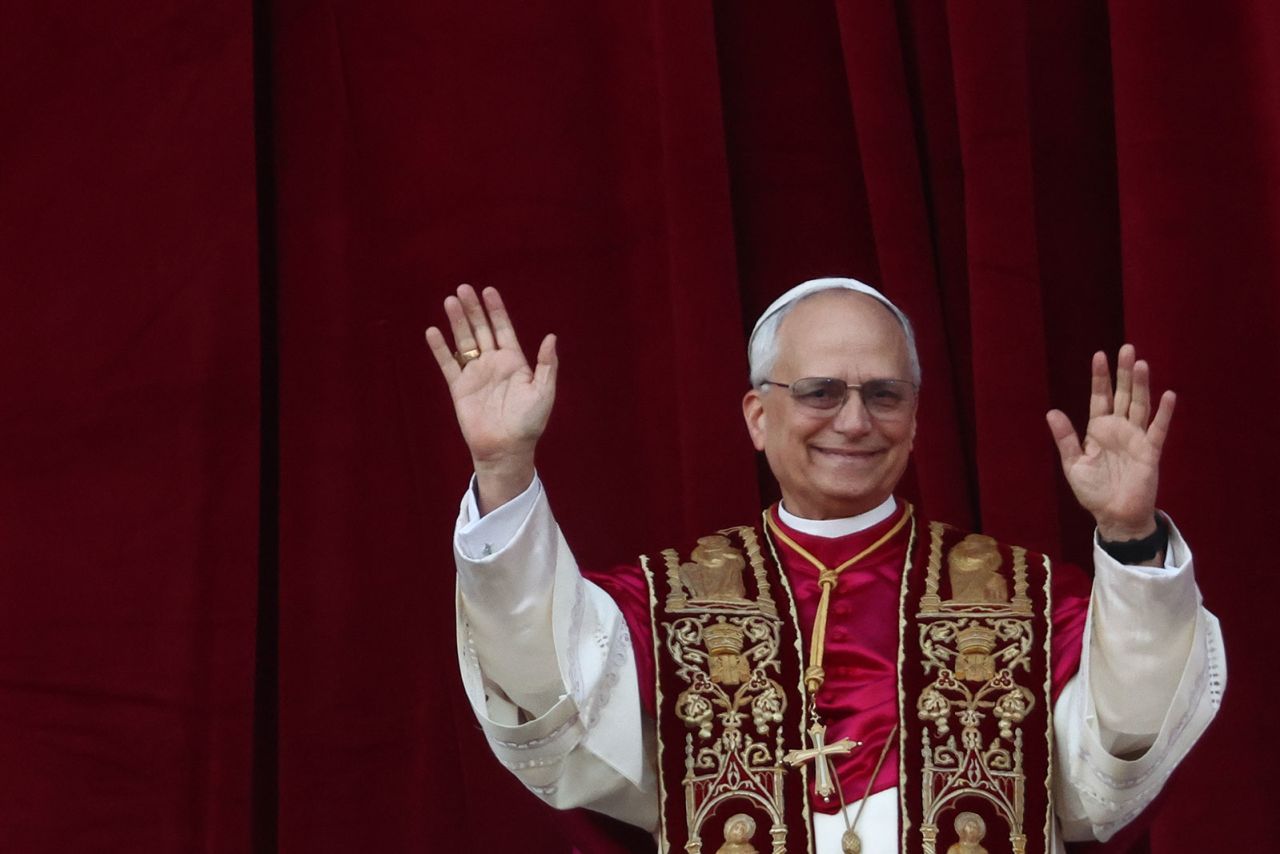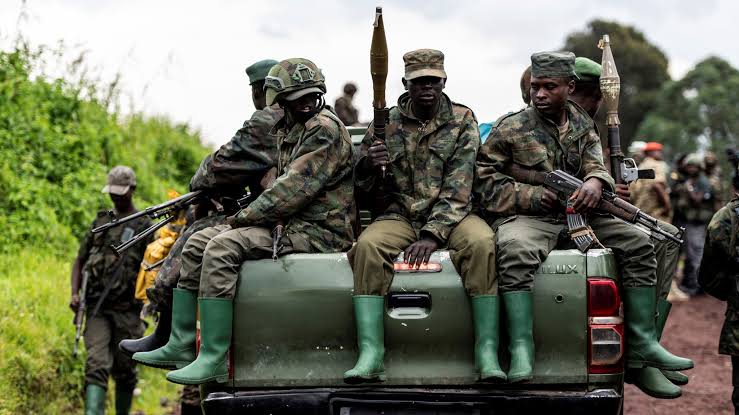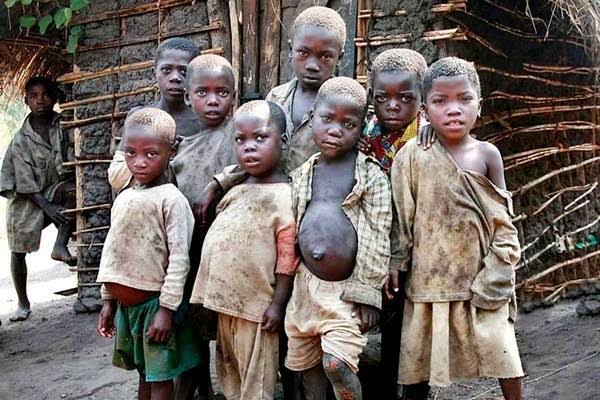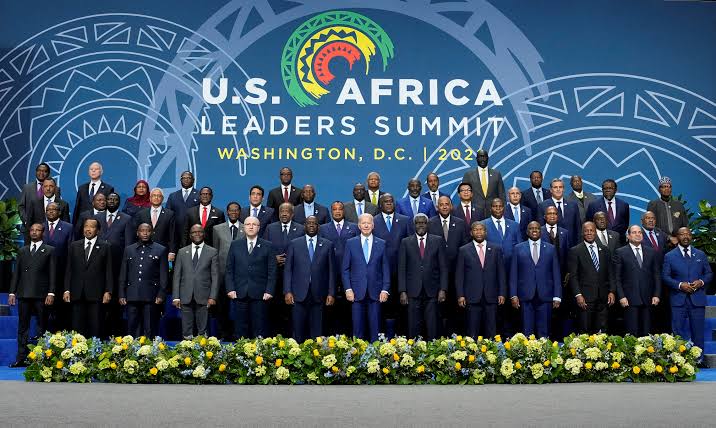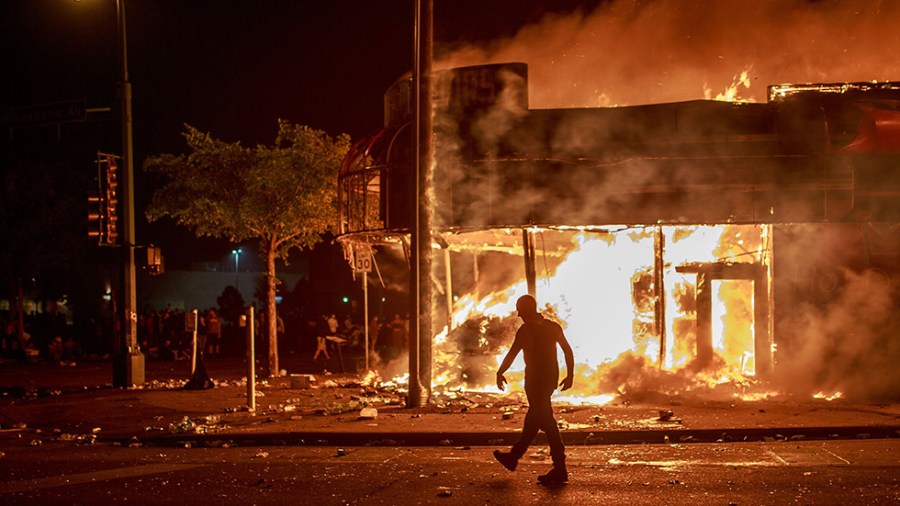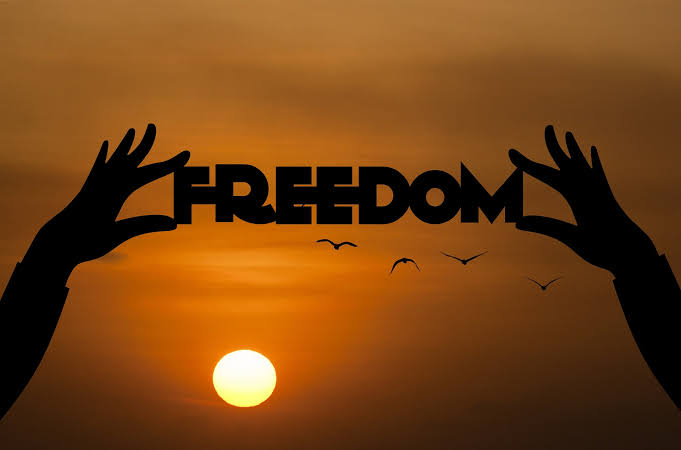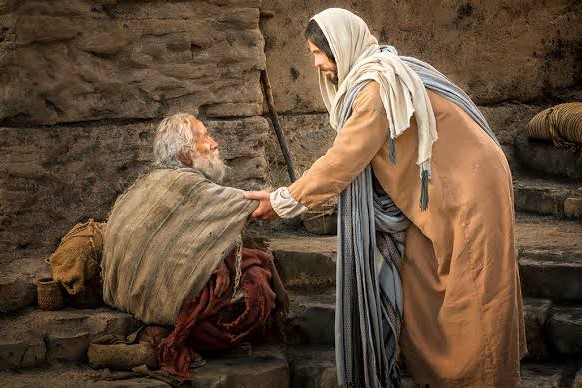M23 rebels and their allies captured the town of Lunyasenge on Sunday, located on the western shore of Lake Edward in North Kivu province, eastern Democratic Republic of the Congo (DRC), following deadly clashes with the national army. The fighting left 17 people dead, including seven soldiers, according to local sources.
The Congolese army confirmed the loss of Lunyasenge, condemning the attack as a “blatant violation of the ceasefire and all measures supporting ongoing negotiations” in Doha and Washington. Army spokesperson Colonel Mak Hazukay stated that the military reserves the right to respond if threats from M23 and their alleged Rwandan backers persist.
Though the army did not report casualties, a local official confirmed the deaths to the Anadolu Agency, speaking anonymously due to a lack of authorization. Residents claimed the rebels approached from the Vutsumbi and Kamandi Gite fisheries, crossing Lake Edward into the highlands. Muhisa Ngeloko, a local eyewitness, said the rebels engaged soldiers directly in Lunyasenge.
Lunyasenge is a strategic fishing area located about four hours by boat from Kyavinyonge, an important fishery adjacent to the Virunga National Park, situated on the north coast of Lake Edward.
Kyavinyonge provides access to Butembo, Beni, the border town of Kasindi-Lubiriha, and Uganda, and the capture of the Lake Edward fisheries increases the rebels' influence in areas connected to Ugandan trade routes.
As DRC strengthens its mineral partnership with the United States, hoping for stronger American involvement against M23, Rwanda has made a separate agreement to assist the U.S. in resettling migrants. Some observers interpret Rwanda's move as an effort to align more closely with American interests, especially on the pressing issue of immigration. This diplomatic maneuvering places the U.S. in a difficult position, torn between mineral interests in DRC and Rwanda's strategic support in managing migration.
President Félix Tshisekedi continues to face the growing burden of confronting M23 largely alone. Despite repeated ceasefire efforts, rebel activity continues, and the humanitarian toll deepens.
Peace talks between the DRC government and the M23 rebels resumed in Doha on May 3, marking a renewed effort to halt fighting in the conflict-torn east. The two sides previously met in April to discuss a potential deal to end hostilities that have killed thousands and displaced many more.
According to a source familiar with the process, negotiations have so far taken place in a “positive atmosphere,” with both parties expressing cautious optimism. However, rebel representatives noted that their delegation was of a lower rank than in April and criticized the government for sending officials without decision-making power. They also expressed frustration at the lack of progress on confidence-building steps, such as the release of detained M23 members.
A government spokesperson did not comment, but a source in President Tshisekedi’s office emphasized that DRC’s priority remains peace and that amnesty could be considered under certain conditions. In earlier talks, both sides pledged to curb violence and hate speech, urging the public to support dialogue and a ceasefire. Still, negotiations became bogged down in technical discussions, and violence has continued on the ground.
Since Friday, at least 30,000 people have been displaced by renewed clashes in North Kivu, according to the U.N. humanitarian office.
Qatar, which hosted a surprise meeting in March between Presidents Tshisekedi and Paul Kagame of Rwanda, has taken an active role in mediating the crisis. The roots of the conflict trace back decades, notably to the aftermath of the 1994 Rwandan genocide. While the U.N. and Western governments accuse Rwanda of supplying arms and troops to M23, Rwanda denies involvement, claiming self-defense against Congolese forces and hostile militias tied to the genocide.
The U.S. is also engaged diplomatically, trying to facilitate peace between Congo and Rwanda amid the growing humanitarian crisis and regional instability.
